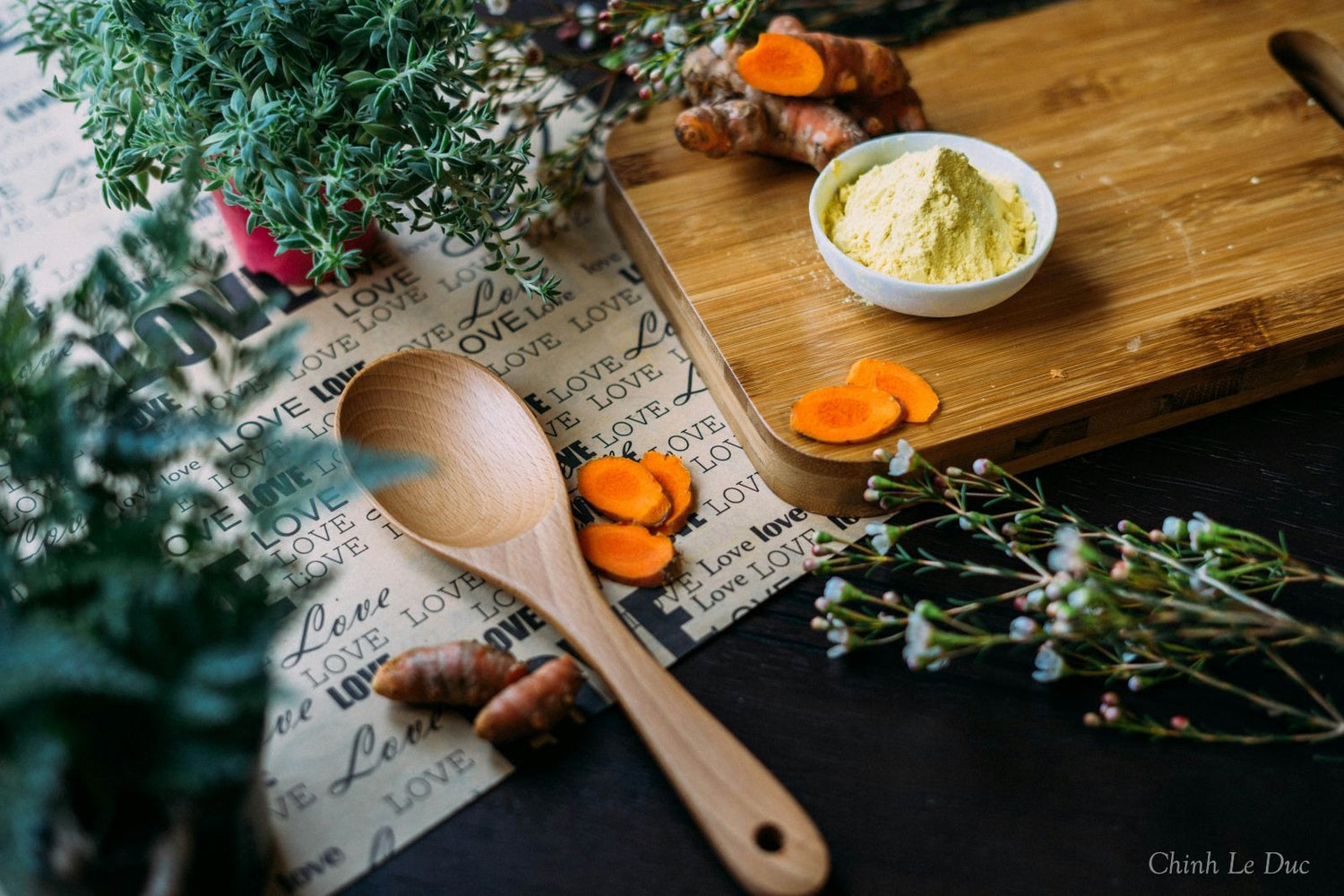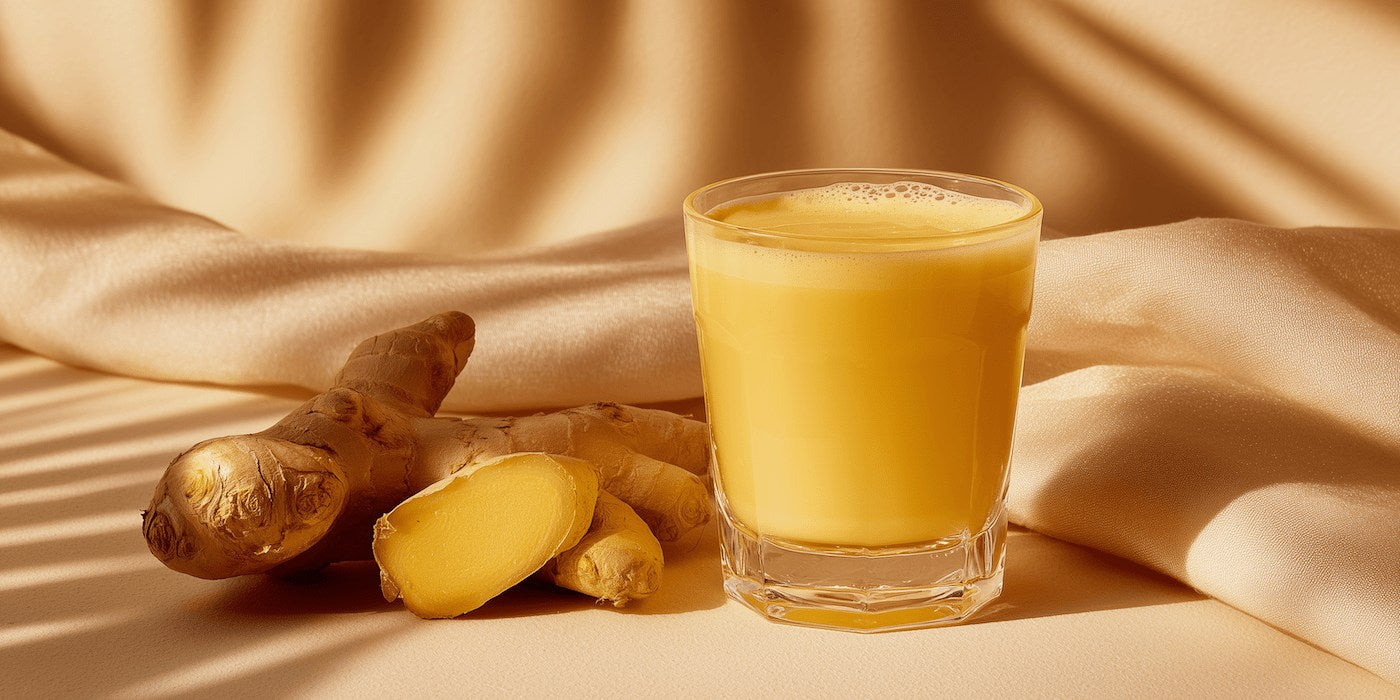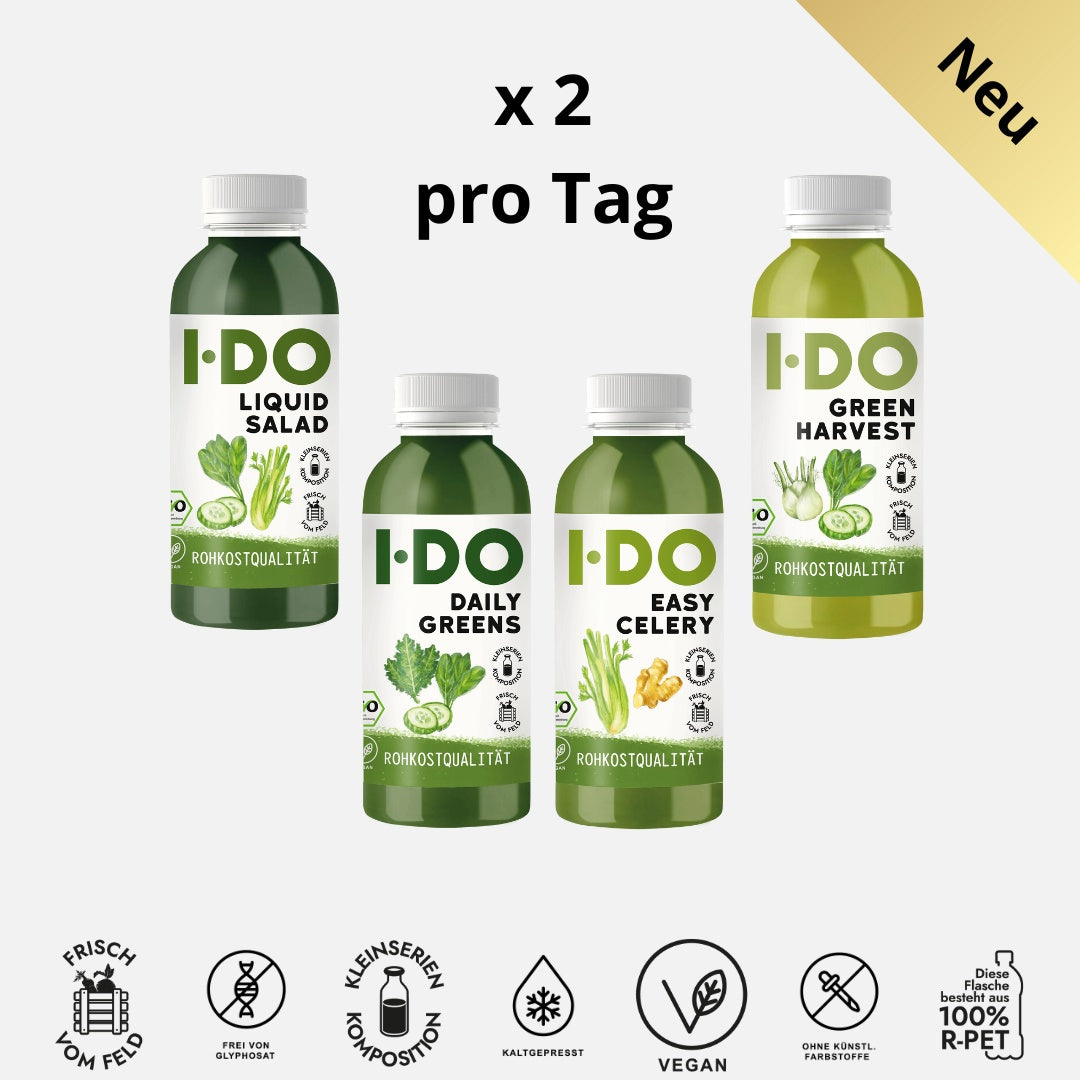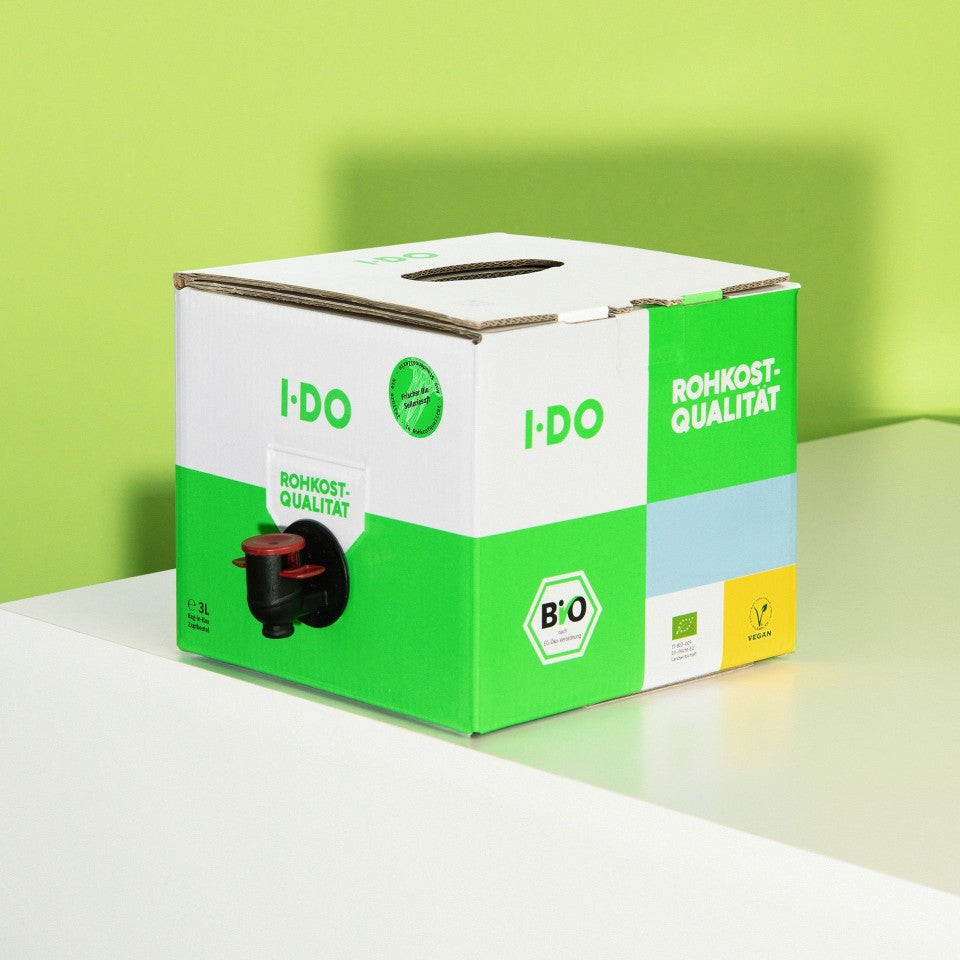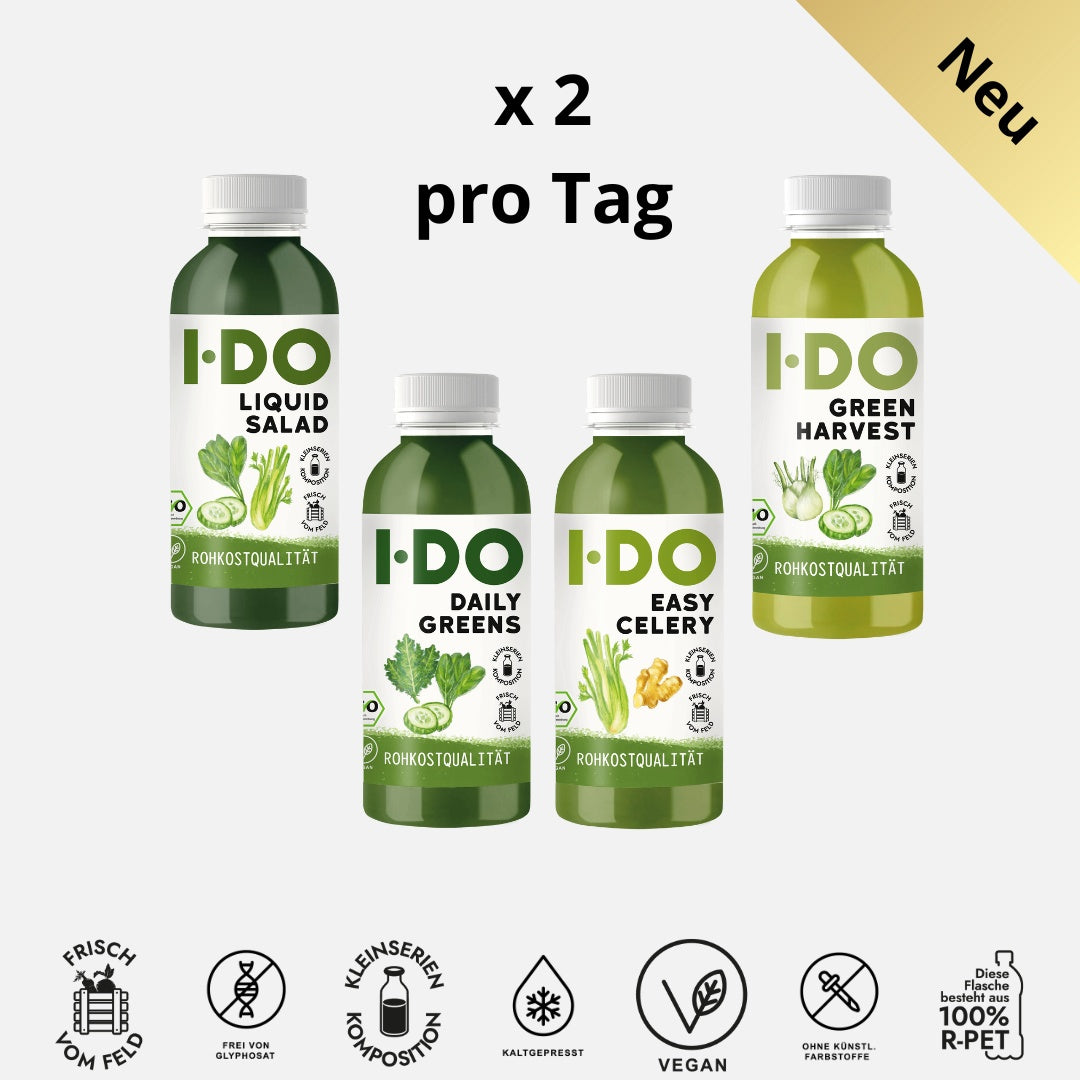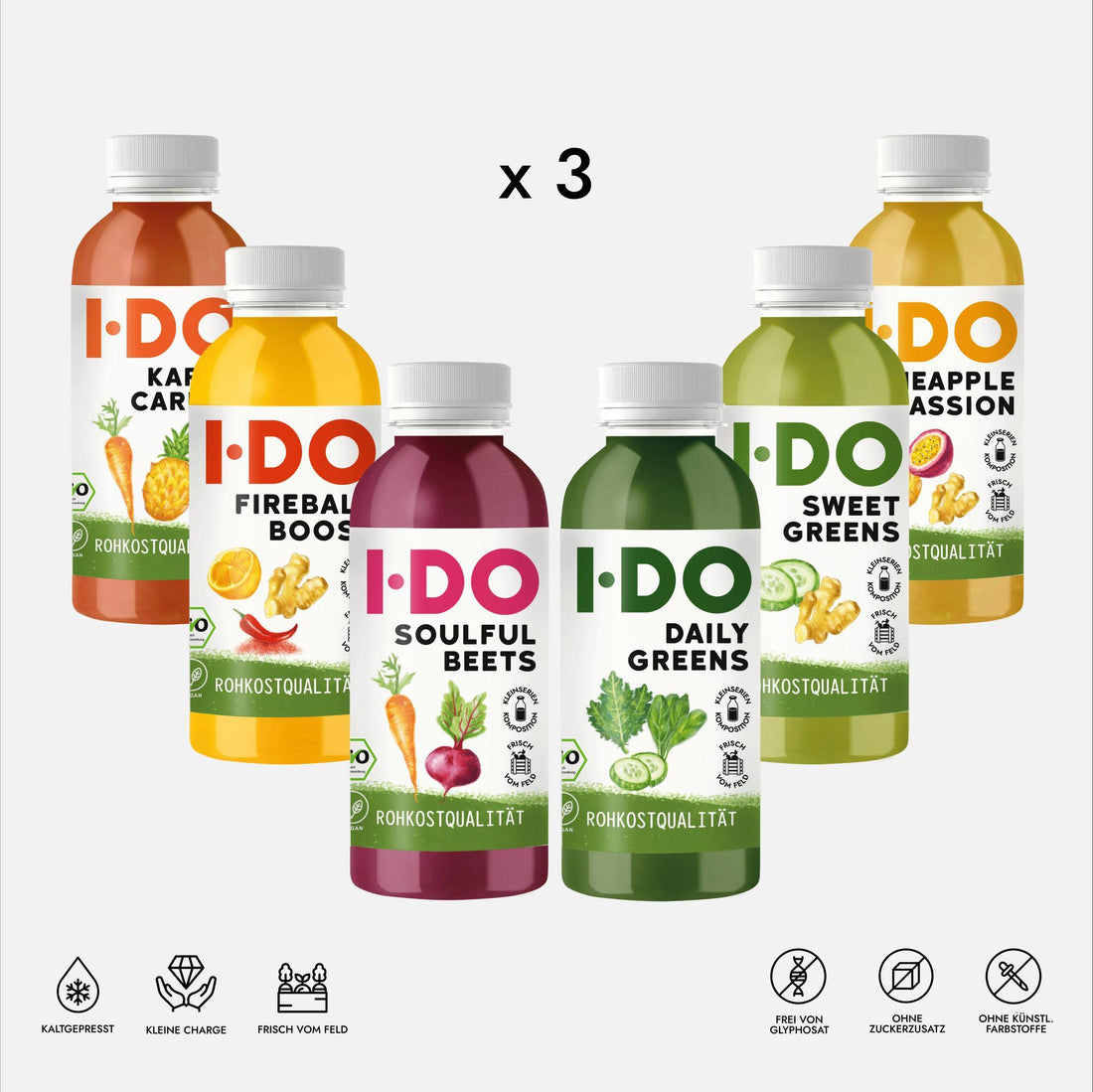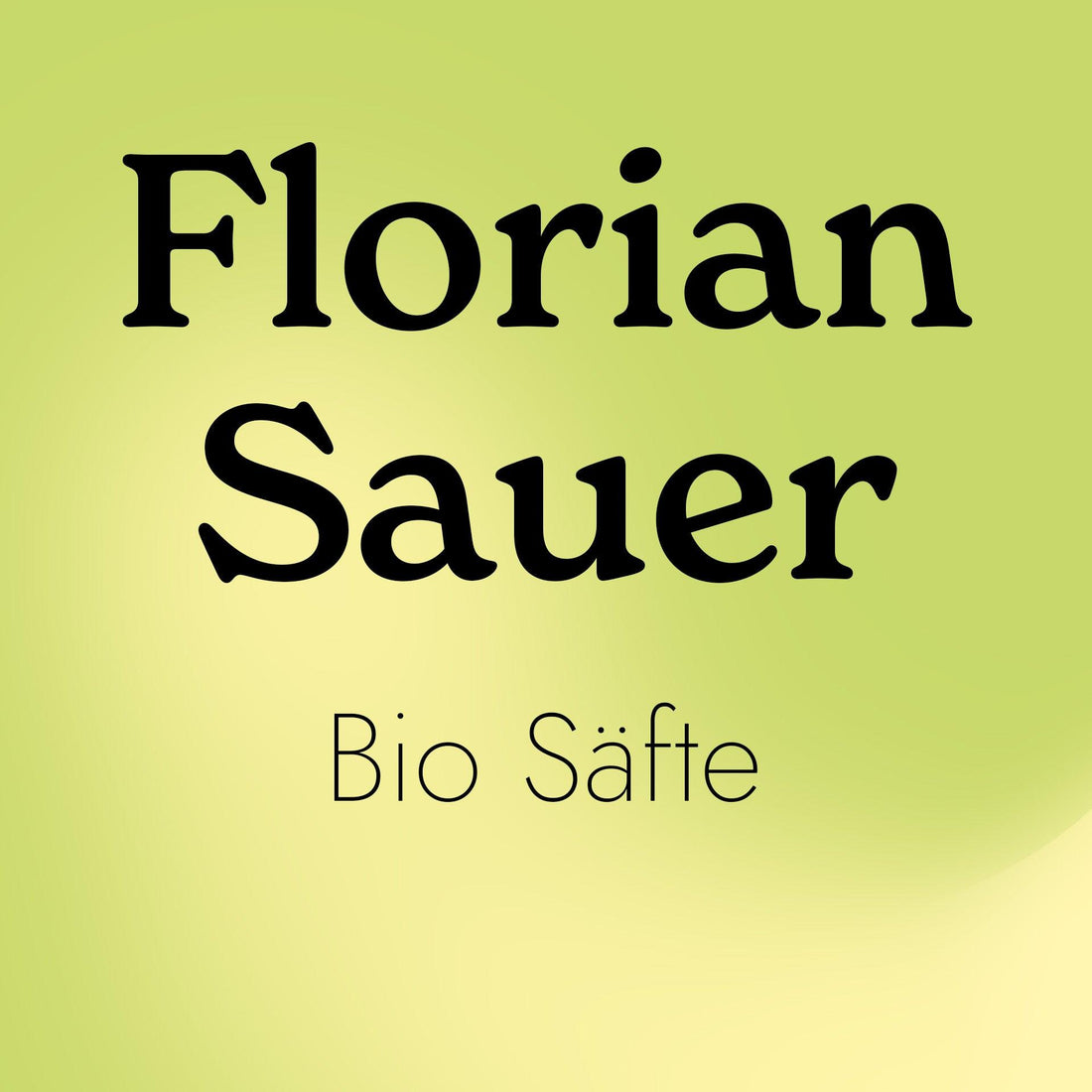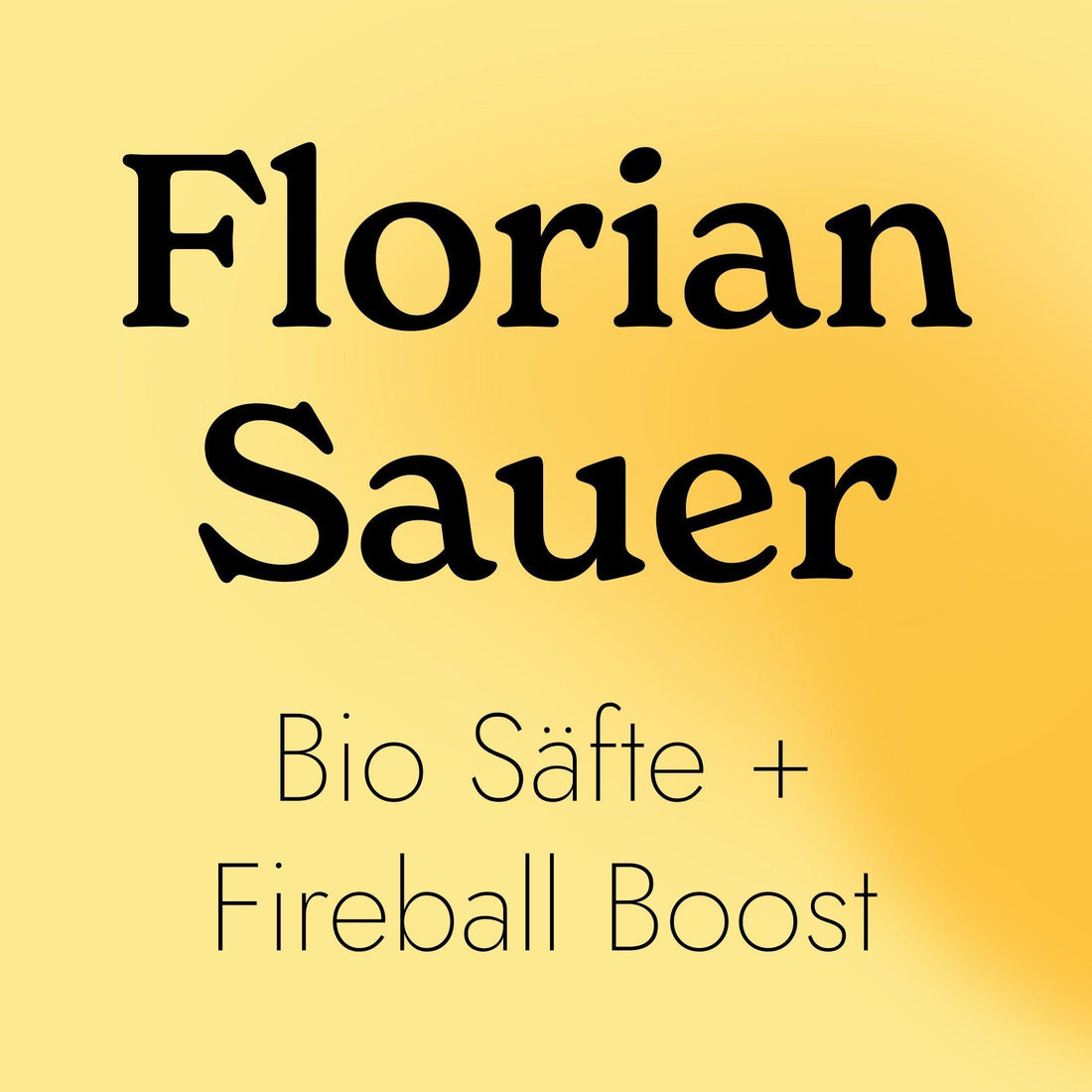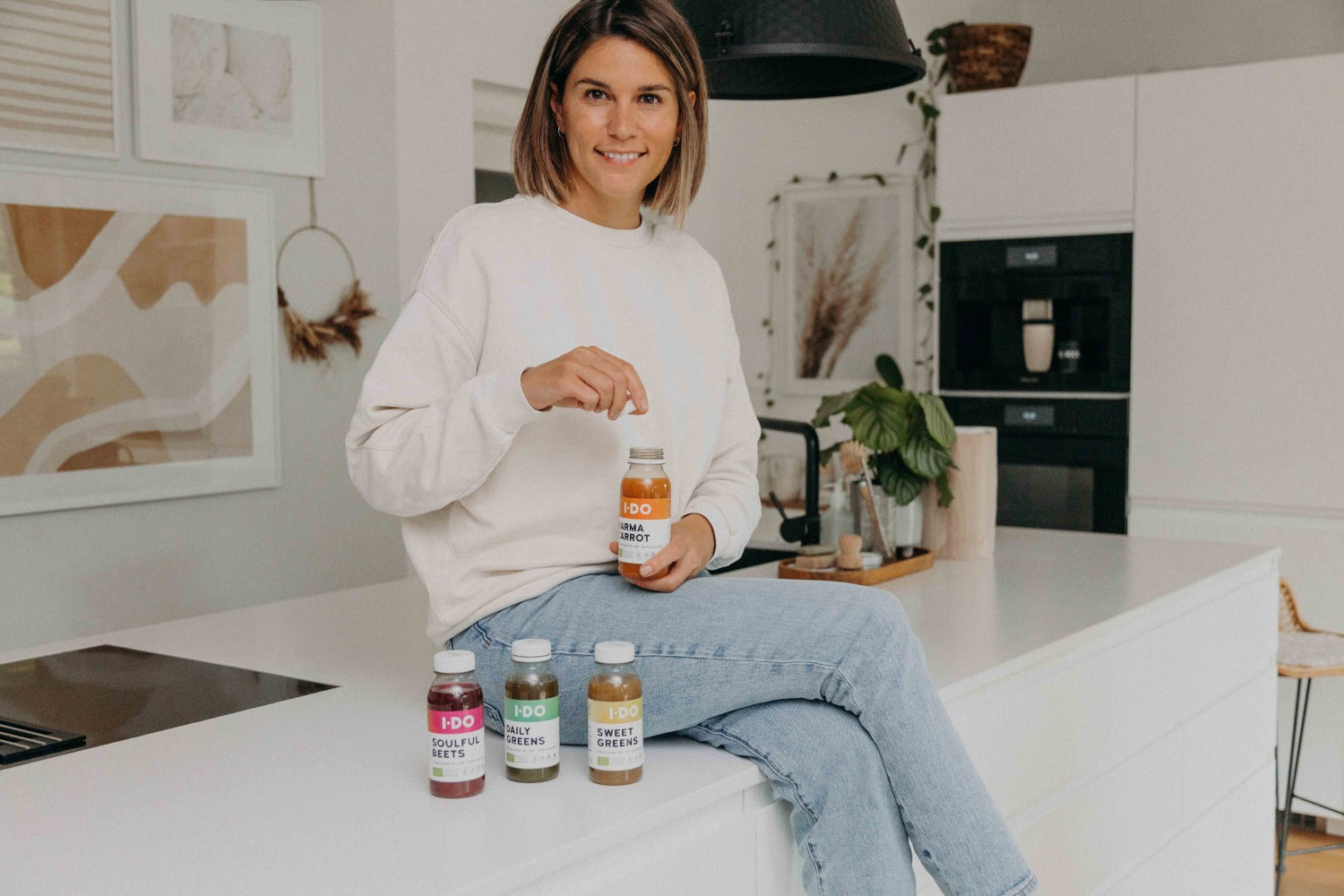What is coenzyme Q10 – and why is it so important for healthy nutrition and longevity?
In every cell, there's a small molecule that performs two key functions: energy production and protection against oxidative stress. This molecule is called coenzyme Q10 (CoQ10). It's located in the mitochondria—the powerhouses of cells—and plays a key role in vitality, heart health, and possibly even healthy aging (1,2).
Energy for your cells: How CoQ10 strengthens mitochondria
CoQ10's main function is energy production. It ensures that the nutrients you eat are efficiently converted into energy—energy that every cell in your body needs to function (2).
Antioxidant protection: How CoQ10 neutralizes free radicals
In addition to energy production, CoQ10 also acts as an antioxidant. It can scavenge free radicals that damage cells while simultaneously inhibiting signaling pathways that promote inflammation (1,2).
👉 This means: CoQ10 helps protect your cells from stress – a key building block for more balance, cell health and anti-aging.
Heart health and CoQ10: Why the heart particularly benefits
Interestingly, the highest CoQ10 concentrations are found in the heart muscle. This is no surprise: the heart beats approximately 100,000 times a day and requires enormous amounts of energy. Studies show that CoQ10 may support cardiac function while reducing the burden of oxidative stress (1).
👉 Conclusion: CoQ10 and heart health are closely linked. This underscores the importance of a good supply for one of our most important organs.
Nervous system & muscles: CoQ10 as a possible protective factor
Researchers have found evidence that CoQ10 may also be beneficial in neurological and muscular disorders (1). While further studies are needed, the results suggest that CoQ10 can do more than just provide energy.
👉 This means that CoQ10 is increasingly coming into focus as a super molecule for brain and muscle health.
CoQ10 and aging: balance throughout the life course
With age, the body's natural CoQ10 levels decline. Certain medications can also reduce levels in the body. Researchers see potential here to compensate for this natural decline through proper nutrition and thus create more balance in old age (2).
👉 Anti-aging does not mean stopping time, but rather supporting cells so that they remain functional for as long as possible.
How to get CoQ10 through your diet 🍽️
The good news: CoQ10 is found in various foods that you can easily incorporate into your diet. Particularly rich in CoQ10 are:
- Fish & seafood (e.g. mackerel, sardines)
- Meat & offal (e.g. heart, liver, kidney)
- Nuts & seeds (e.g. peanuts, pistachios, sesame)
- Vegetable oils (e.g. soybean and rapeseed oil)
👉 A varied diet with these foods can help support your body's stores (1,2).
Conclusion: Coenzyme Q10 as the key to energy, heart health and anti-aging
CoQ10 is far more than just one nutrient among many. It is a key molecule for energy, heart, and cell protection. Studies show that it plays a role in almost every aspect of the body, from energy production to support in aging (1,2).
Remember: A healthy diet doesn't mean deprivation, but rather the right balance. Even small adjustments can make a big difference in the long run.
And if you want to easily supplement your diet with more plant-based diversity, our I DO organic raw food juices can be a simple support – 100% organic, cold-pressed, and full of plant power for your everyday life.
Sources:
(1) Testai L, Martelli A, Flori L, Cicero AFG, Colletti A. Coenzyme Q10: Clinical Applications beyond Cardiovascular Diseases. Nutrients. 2021 May 17;13(5):1697. doi: 10.3390/nu13051697. PMID: 34067632; PMCID: PMC8156424.
(2) Aaseth J, Alexander J, Alehagen U. Coenzyme Q10 supplementation – In aging and disease. Mechanisms of Aging and Development. 2021;197:111521. doi: 10.1016/j.mad.2021.111521.



